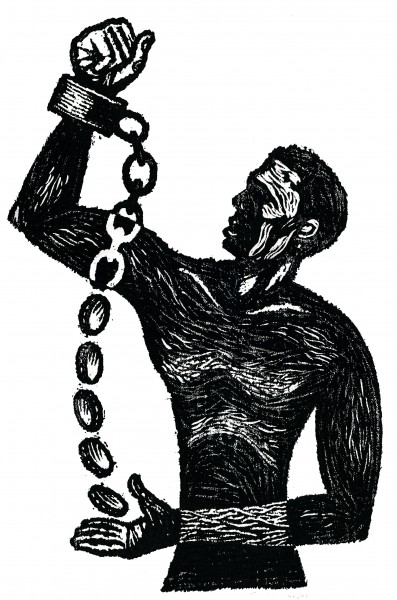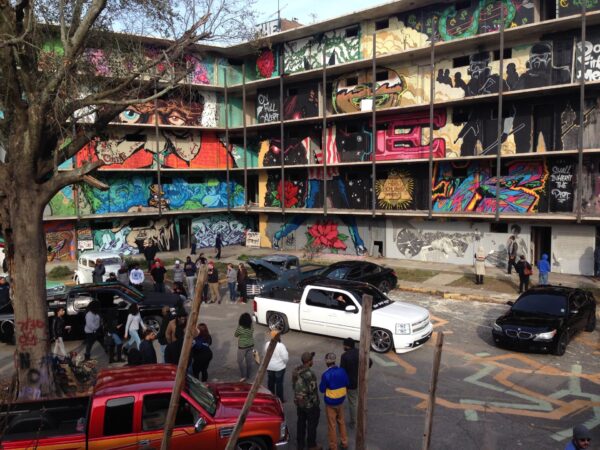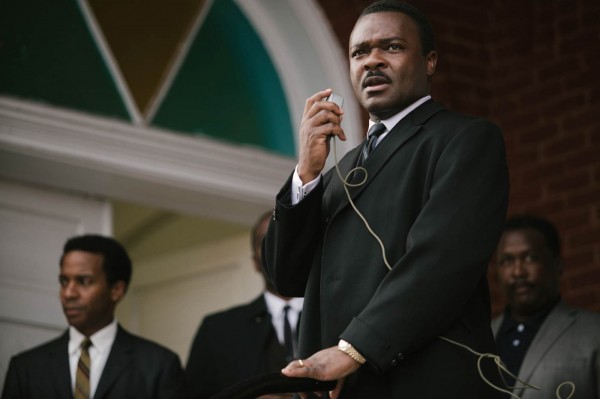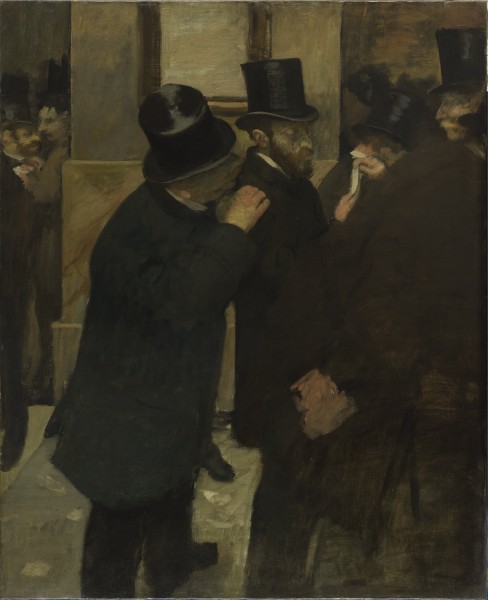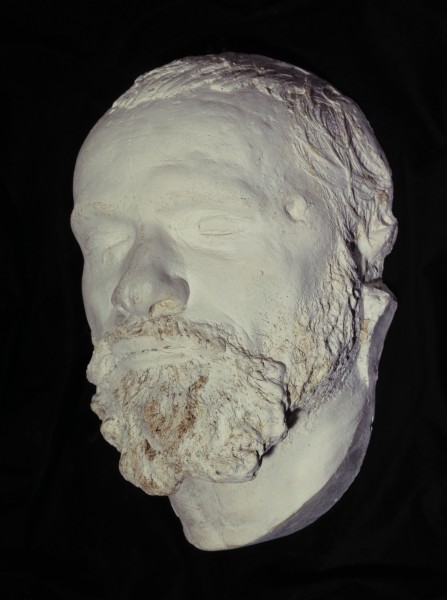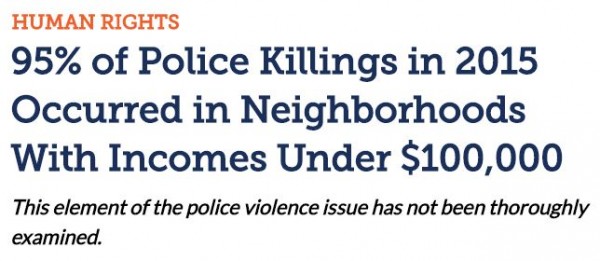
How Racial Disparity Does Not Help Make Sense of Patterns of Police Violence
My point is not in any way to make light of the gravity of the injustice or to diminish outrage about police violence….However, noting a decline—or substantial change in either direction for that matter—in the rate of police killings does underscore the inadequacy of reified, transhistorical abstractions like “racism” or “white supremacy” for making sense of the nature and sources of police abuse of black Americans. Racism and white supremacy don’t really explain how anything happens. They’re at best shorthand characterizations of more complex, or at least discrete, actions taken by people in social contexts; at worst, and, alas, more often in our political moment, they’re invoked as alternatives to explanation

